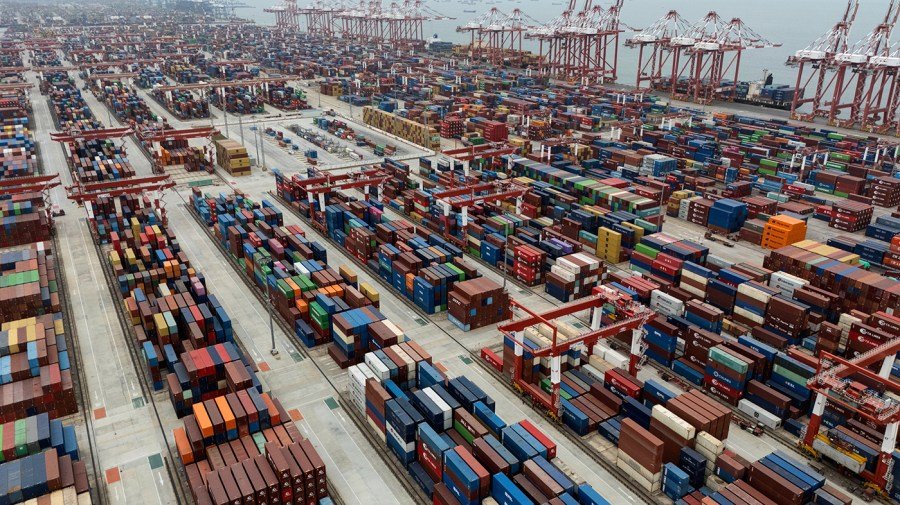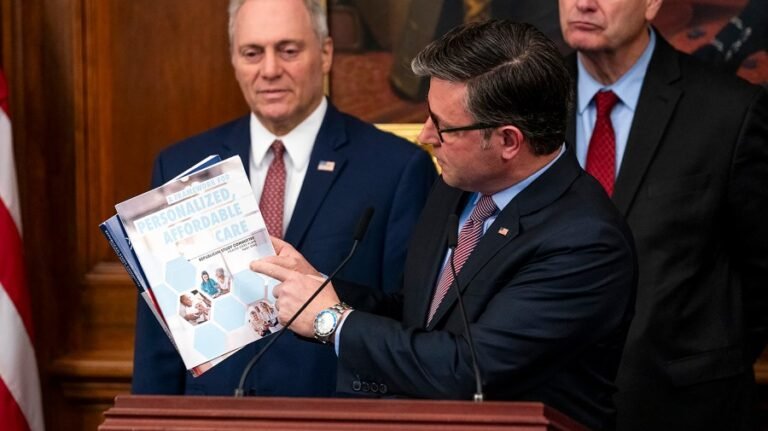
China on Wednesday announced it will suspend some of its highest retaliatory tariffs on the U.S. for a period of one year, part of a truce reached between President Trump and Chinese President Xi Jinping when they met last week.
American exports of soybeans to China will remain under a 13 percent tariff, Reuters reported, even as Beijing is moving to reduce other penalties.
China’s Customs Tariff Commission of the State Council said that beginning on Nov. 10, it will suspend a 24 percent additional tariff rate on U.S. imports, Liu Pengyu, spokesperson for the Chinese Embassy in Washington D.C., wrote in an email to The Hill.
A 10 percent additional tariff rate on U.S. imports will be maintained, according to the announcement.
Trump on Tuesday announced an executive order to suspend “heightened reciprocal tariffs” on China until November 10, 2026.
The announcement comes after a meeting on Nov. 4 in Beijing between a U.S. agricultural products trade delegation and China’s International Trade Representative and Vice Minister of Commerce Li Chenggang.
Li blamed Trump for instigating a trade war with China over agriculture, and urged for U.S.-Sino cooperation instead of confrontation.
“There is broad room for cooperation. It is hoped that the U.S. side will work with China,” Li noted, according to the Chinese embassy.
A White House fact sheet released after the Trump-Xi meeting said that Beijing agreed to purchase at least 12 million metric tons of U.S. soybeans during the last two months of 2025, and also purchase at least 25 million metric tons of U.S. soybeans in each of 2026, 2027, and 2028. That figure is on par with the annual average in recent years.
Additionally, China will resume purchases of U.S. sorghum and hardwood and softwood logs, the fact sheet stated.
Other provisions include China’s commitment to halt the flow of precursor chemicals used to make the deadly drug fentanyl, allow for the export of rare earth elements and other critical minerals, end Chinese retaliation against U.S. semiconductor manufacturers and other major U.S. companies and open China’s market to U.S. soybeans and other agricultural exports.


